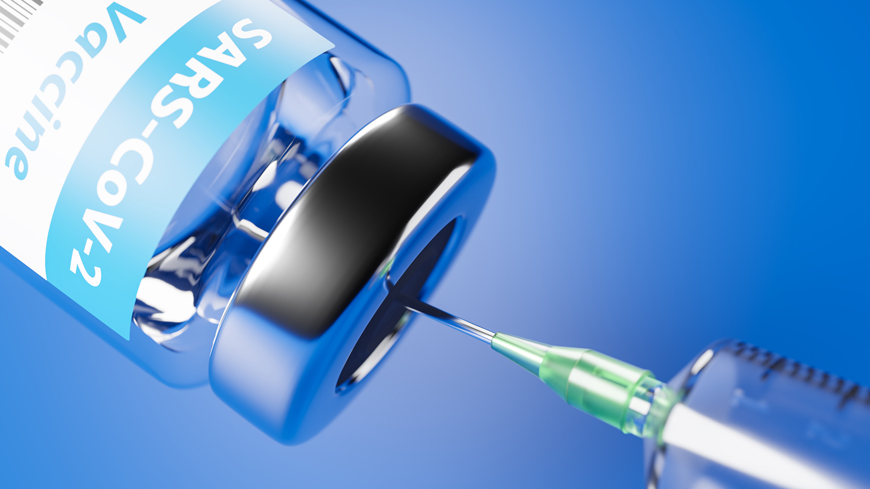The European Directorate for the Quality of Medicines & HealthCare (EDQM) and members* of the Official Control Authority Batch Release (OCABR) Network of the General European OMCL Network (GEON) have co-authored an article entitled “Independent Control of COVID-19 Vaccines by EU Official Control Authority Batch Release: challenges, strengths and successes”, which was published in npj Vaccines on line on 23 February 2023. The co-authors explain how Official Medicines Control Laboratories (OMCLs) were able to use and adapt existing OCABR systems to respond effectively to the urgent need for the independent control of COVID-19 vaccines, through careful planning and co-ordination which began at the first signs of the global health crisis. This detailed, in-depth article describes the challenges faced, and the systems and process that helped to allow health authorities to successfully roll out vaccination campaigns at the earliest possible date, reconciling mandatory quality requirements with the urgency of the situation.
Vaccines have been a key factor in inverting the curve of the COVID-19 pandemic. As time was of the essence, the complex processes of developing effective vaccines, seeking regulatory approval and ensuring their widespread distribution had to be co-ordinated across stakeholders on many levels for maximum efficiency. The authors walk us through the different stakeholders and procedures involved in preparing for OCABR and how, working together, the EDQM (which co-ordinates the EU OCABR system), manufacturers, the European Commission, the European Medicines Agency, the Coalition for Epidemic Preparedness Innovation (CEPI)/COVAX and regulatory authorities were able to make the first batches available without delay from the end of December 2020. This exceptional achievement was also accomplished without impacting the release of other vaccines and human blood and plasma derived medicinal products, essential for public health.
The authors recount in fine detail how the scope and scale of both the pandemic itself and the measures implemented to combat it created significant challenges from a public health perspective, including that of obtaining public confidence, and how they were met and overcome, providing insight on lessons learned for OCABR. Beyond co-operation among stakeholders, this required transparency and open lines of communication, on an international level, regarding practices and processes at all stages of vaccine development and approval in preparation for OCABR. The global scale of the response is highlighted in the article, which explains how numerous non-EU/EAA countries, which do not participate in the OCABR procedure – designed to ensure that only vaccines of the approved quality reach the public – nevertheless rely on its outcomes. Many rely on OCABR certificates as part of their own release process and several national health authorities, for example in Canada, Australia and the United Kingdom, are OCABR Network observers, allowing rapid exchange of confidential information. Finally, more than half of all batches released by EU OMCLs were used outside the EU/EEA, with export to more than 160 non-EU countries.
The authors present, beyond the technical, scientific and administrative background leading up to what is among the largest and fastest vaccine campaigns in the history of humanity, a profoundly human story of overcoming adversity through integrity, professionalism and commitment.
The full article is available for free online on the npj Vaccines website: “Independent control of COVID-19 vaccines by EU Official Control Authority Batch Release: challenges, strengths and successes”.
The EU OCABR Network activity is jointly funded by the Council of Europe and the European Commission, and is co-ordinated by the EDQM (Council of Europe).
* Austrian Federal Office for Safety in Health Care (Austria), Dutch National Institute for Public Health and Environment (Netherlands), French National Agency for Medicines and Health Product Safety (France), Paul-Ehrlich-Institut (Germany), Sciensano, (Belgium).
See also:





